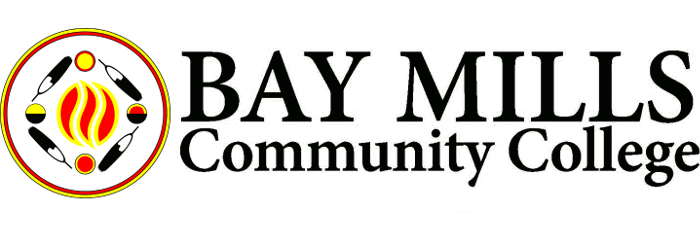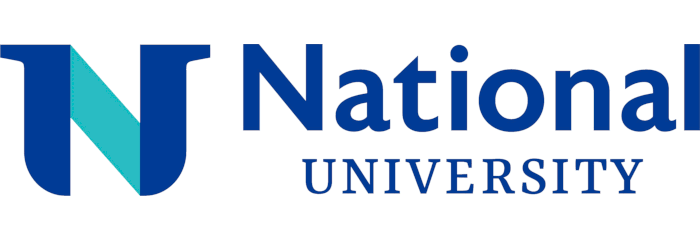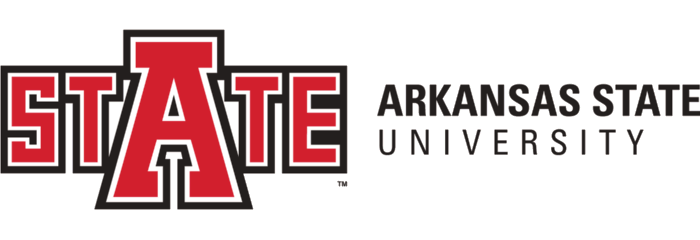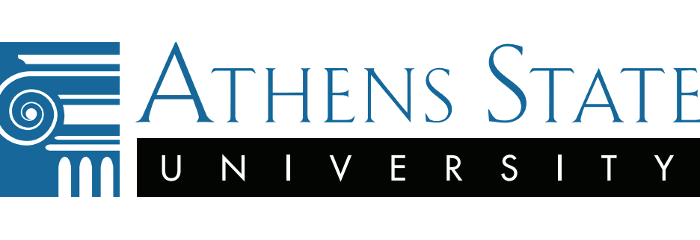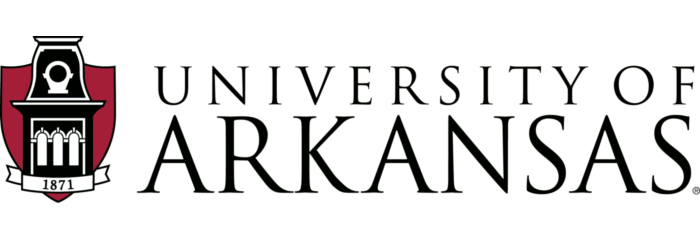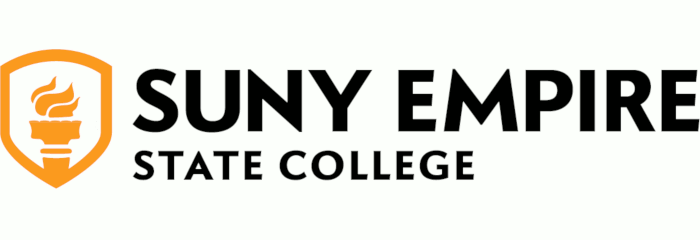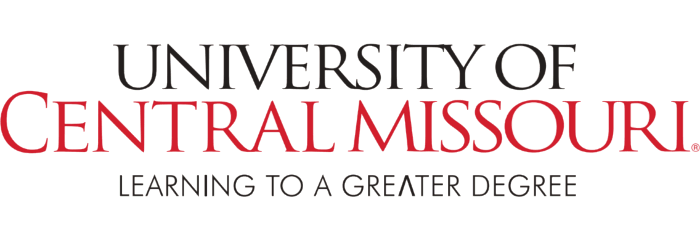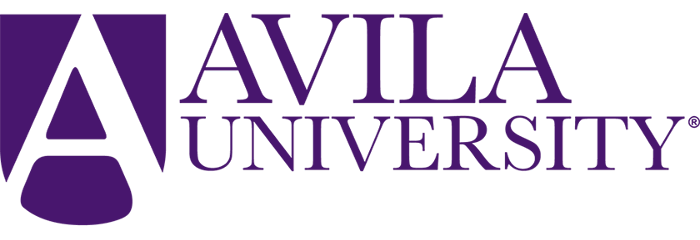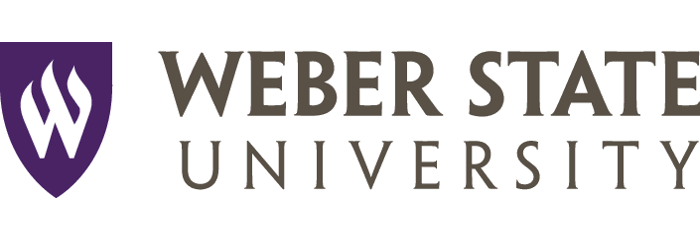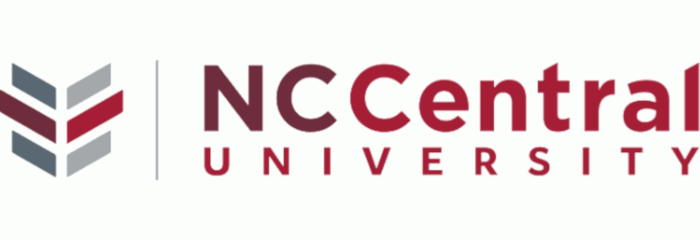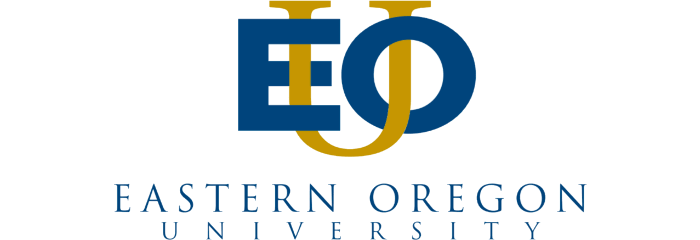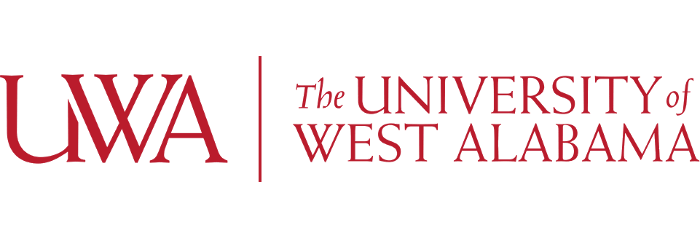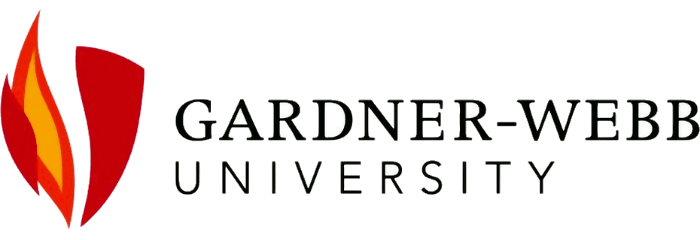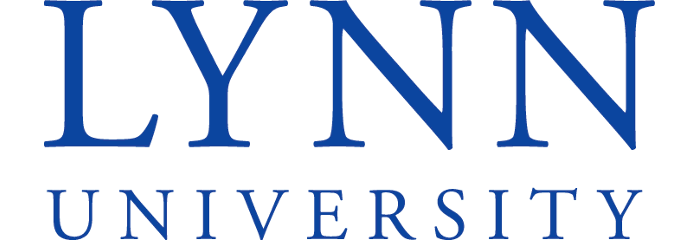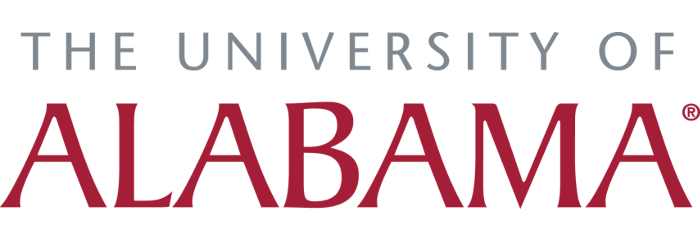
Earn your teaching credentials on your schedule with one of the cheapest online education degrees. These affordable programs blend curriculum design, classroom management, and educational psychology with specialization options like Early Childhood or Special Education. Interactive online platforms connect you with peers worldwide, creating a dynamic learning experience. Many online programs also pave the way for state certification, helping you turn your passion for teaching into a rewarding career.
Key Takeaways:
- Bay Mills Community College secures the top spot overall for affordability, with yearly tuition at $2,850.
- SUNY Empire State University, with its Bachelor of Science in Educational Studies, offers a median earnings figure of $45,140 among these graduates.
- The University of Central Missouri is celebrated with a perfect recommendation rate of 100% from students based on surveys we've collected.
Through manual tuition verification, we showcase the most affordable online degrees. Each institutionally accredited school offers fully online programs with clear, upfront pricing. Read our methodology for details.
2025 Most Affordable Online Education Degrees
ADVERTISEMENT
Online Education Bachelor's Degrees You May Be Interested In
Annual Tuition: Not Provided
1 Program
Annual Tuition: $11,700
18 Programs ( view all )
Annual Tuition: $17,450
12 Programs ( view all )
Overview of Online Education Degrees
Online bachelor's degrees in education provide comprehensive training for individuals who want to step into various educational roles. When you enroll in one of these programs, you'll develop technical skills such as lesson planning, curriculum development, and program management. You'll also cultivate soft skills critical to any role in the education field, including effective communication, problem-solving, critical thinking, and empathy.
Education degree programs usually fall into two categories — licensure and nonlicensure tracks. In a licensure-track program, the focus is on preparing students to teach K-12 classes. Courses usually emphasize competencies like lesson planning, assessing student progress, and classroom management. Nonlicensure-track programs cover a broader range of topics within education, such as educational leadership, instructional design, and education policy.
Regardless of which track you pursue, the coursework in an education program often blends theory and practice, encouraging you to apply what you learn to real-world educational situations. You may be asked to develop lesson plans, conduct case studies on educational philosophies, or carry out educational research projects. Many programs also include a practicum or internship, offering hands-on experience under the supervision of an experienced educator.
Some bachelor's programs also allow you to concentrate on a particular aspect of education. For example, licensure-track students may want to specialize in working with pre-K children, elementary or secondary students, or special education students. Nonlicensure track specializations include instructional design, health education, and educational leadership.
If you're intent on becoming a teacher, you've got plenty of cost-effective degree options. Review our lists of the most affordable bachelor's in early childhood education programs and the most affordable bachelor's in elementary education programs.
Common Courses
Like most bachelor's degrees, an online degree in education usually requires 120-124 credit hours. Graduation requirements often include some type of field experience, such as on-site classroom observation for non-teachers or a semester of student teaching for future teachers. Most students can complete these degree requirements in four or five years if they study full time, but part-time students may need an additional year or so.
The courses in an education curriculum vary by school, track, and area of concentration. However, the following classes are commonly found in education bachelor's degree programs.
Foundations of Education
Typically one of the first courses in an education program, this course explores the historical, sociological, and philosophical foundations of education. Students learn about various educational philosophies and how they shape current practices in the education field.
Instructional Strategies and Classroom Management
In this course, students learn techniques for creating an effective learning environment. It covers lesson planning, instructional methods, and classroom management strategies.
Educational Psychology
This course delves into the principles of human learning and motivation. Students learn how to apply psychological theories to foster positive learning experiences for diverse student populations.
Assessment and Evaluation
Students in this course learn how to develop, administer, and interpret various types of educational assessments. They also learn how to use assessment data to guide instruction and improve student learning outcomes.
Technology in Education
In this course, students explore how technology can be effectively integrated into classroom instruction. Topics include digital learning tools, online learning platforms, and the ethical implications of technology use in education.
Interested in other bachelor's degrees in this field? Explore our lists of the best early childhood education degrees, best elementary education degrees, best secondary education degrees, and best educational leadership degrees.
Funding an Education Degree
Pursuing a degree in education online can be a cost-effective alternative to traditional on-campus programs. However, it's still a significant investment that requires planning and budgeting. You may need to draw upon some combination of savings, income, loans, grants, and scholarships to fund your education.
As you develop your budget for earning a college degree, consider some ways to save money in college, such as these possibilities:
-
Earn your degree online. Online degree programs may save you money in a number of ways. Many colleges — including the most affordable education degrees listed above — charge slightly reduced tuition rates for online learners or at least charge in-state tuition rates for all online students. Also, online students don't have to pay for on-campus room and board or transportation to and from school.
-
Attend a public university instead of a private one. The National Center for Education Statistics provides data from the 2020-21 school year that shows that the were $9,375 for in-state students attending public schools but a much higher $32,825 for students attending private schools. Sticking with the lower-priced options, like those listed above, could reduce the cost of your degree by thousands of dollars.
-
Complete your lower-division courses at a community college first. The first two years of a bachelor's program are mostly devoted to lower-division courses in general subjects like English, math, and science. By taking these early courses at a community college, which is probably less expensive, you can fulfill these requirements at a lower price. Later, you can transfer your earned credits to a four-year university and finish your bachelor's degree.
-
Pick an affordable place to live. For most people, choosing to earn a degree online doesn't eliminate all living expenses. You'll probably still need to pay for housing, food, and transportation. However, you can reduce these costs while you're in college by moving to the most affordable place you can find.
-
Work part time or full time while you're attending school. If you're willing to work while you go to school, you could use your income to help pay for college. You might need to take a smaller course load each semester to maintain a healthy work-school balance, but taking an extra year or so to graduate with less debt may be worth the effort.
Financial Aid
Depending on your personal circumstances, you may be able to minimize the cost of a college education by obtaining financial aid. Funding from the federal and state government is often awarded to students based on financial need. However, there are also many school-sponsored and private scholarships that are awarded based on a student's financial need, academic performance, or other criteria, such as your chosen subject of study.
Ideally, you'll qualify for grants and scholarships, which don't have to be repaid. However, if you don't qualify for sufficient grant or scholarship funding to cover all of your college expenses, you may need to take out a student loan.
Although a federal or private student loan may be your best or only option, loan interest can dramatically increase the cost of a college degree. Before accepting a student loan, use a student loan repayment calculator to tally the total cost of the loan.
As long as you're enrolled in an accredited online degree program, you can apply for financial aid by submitting the Free Application for Federal Student Aid (FAFSA). After your application is reviewed, you'll receive a letter from each school you've applied to — or the school you're currently attending — indicating how much aid you're being offered.
Grants and Scholarships
Due to the importance of educators, the government, as well as private organizations, encourage students to go into education by sponsoring grants and scholarships, a few of which are listed below:
: This federal grant offers up to $4,000 per year to students who commit to teaching in a high-need field in a low-income area.
: Several scholarships ranging from $500 to $4,000 are available for prospective educators who are members of PDK, an international association of education professionals.
: This scholarship encourages talented STEM students to become K-12 teachers. It offers a significant stipend in exchange for teaching in high-need school districts.
What Can You Do With an Education Degree?
An online bachelor's degree in education is a versatile choice that can serve as the foundation for many different career options.
Many graduates of online education degree programs go into teaching. You may be interested in working with elementary school children or with middle school and high school students, occupations with median annual salaries around . You could also specialize as a teacher in special education, physical education, or English as a second language.
Additionally, an education bachelor's degree also qualifies you for careers outside of the traditional classroom but still working with young students, adults, or the public. For example, you could pursue jobs in education policymaking and advocacy, community education, and other areas.
Licensure for Educators
In general, most states require anyone who works directly with children to hold a state-issued license or credential. Each state has its own licensure requirements in terms of education, prior work experience, and exams. However, your state will likely require you to have a degree from an accredited program, which is why our list of the most affordable education degrees only contains institutionally accredited programs.
Before you enroll in an online education program, you may want to check with your state's education board to establish all of the qualifications you'll need to meet in order to obtain a license to practice your chosen occupation. Also, be sure to choose an online program that will prepare you to meet the licensing criteria of the state where you plan to work, not the requirements for the state where your school is located.
Further Education
Many educators who've earned a bachelor's degree go on to pursue an affordable master's degree in education. For licensed teachers, it's an ideal way to enhance their teaching skills or develop expertise in a specialized area. For example, master's programs are available with concentrations in elementary teacher education, special education, education technology, literacy, education leadership, education administration, and adult education.
Although students need to carefully manage their budget to accommodate an advanced degree, earning a master's degree may allow teachers to command higher salaries. It may also be required to qualify for other roles in education, such as an instructional coordinator or school principal.
Some educators continue their education even further by pursuing one of several types of doctoral degrees. The Doctor of Education (EdD) in Education or Educational Leadership prepares graduates for high-level roles in education administration or policy. A Doctor of Philosophy (PhD) in Education trains graduates to conduct research into the process of learning. Most PhDs work in academia, where they also teach future educators.
Ready to explore some of your options for a master's degree? Review our lists of the best master's in education, best master's in elementary education, best master's in secondary education, and best master's in special education.
FAQs About Online Education Degrees
How Do I Choose an Online Education Degree?
When you're reviewing your options for an online education degree, you'll want to take several key factors into consideration. The program details are important because you'll want to choose a program that offers the track and concentration that aligns with your career goals. Cost, faculty, online format, and student services may also be influential factors, depending on your priorities.
You'll also want to be sure to enroll in an accredited school. Accreditation means that a school's programs, faculty, facilities, and services have been proven to meet high standards. Enrollment in an accredited program is required for you to be eligible for financial aid, and it will likely be needed to transfer credits to another school or to be accepted into graduate school. To determine if the school you're considering is accredited, search the and the databases.
Are Education Majors In Demand?
Yes, according to the BLS, job growth in the overall education sector is expected to through 2031. Additionally, a sponsored by the Brookings Institution found that 75% of school district leaders are predicting at least some degree of shortages for teachers in the near future, which may further increase demand.
Is an Online Education Degree Worth the Cost?
Earning a bachelor's degree in this field can open the door to a fulfilling career in education, whether it's inside or outside the classroom. You'll have the satisfaction of knowing you're making a positive impact on the lives of children of all ages.
Additionally, pursuing a degree in the broader field of education may allow you to transition between teaching, instructional design, and leadership roles over the long run, which may make for a more diversified and stable career.
However, the BLS notes that the median annual salary for teaching and training occupations is . In light of the cost of earning a college degree — and especially if your career goals include a master's degree — this choice may not offer the highest return on your investment.
Nevertheless, if you're sure this is the right career path for you, there are ways to reduce the cost of your education, including choosing an affordable online program and requesting financial aid. With careful planning, an online education degree can be worth it.
Student Reviews of Online Education Programs
I love being a Phoenix! My classes have inspire me so much with learning and keeping up my grades. The professors make it easy to communicate. They respond in a timely manner and I love the interaction with the discussion posts. Its convenient and they make it easy!
Review Date: 9/19/2025
Would Recommend: Yes
Helpful for Career: Yes
I love being a Phoenix! My classes have inspire me so much with learning and keeping up my grades. The professors make it easy to communicate. They respond in a timely manner and I love the interaction with the discussion posts. Its convenient and they make it easy!
Review Date: 9/19/2025
Would Recommend: Yes
Helpful for Career: Yes
I enjoy my classes and how well they work with me and my time. I love how everything is right here for me to have access to. My Professor are great with assisting me when I need them or if I’m having trouble with any of my assignments. The Staff is always checking on me to make sure I’m always prepared
Review Date: 8/14/2025
Would Recommend: Yes
Helpful for Career: Yes
I enjoy my classes and how well they work with me and my time. I love how everything is right here for me to have access to. My Professor are great with assisting me when I need them or if I’m having trouble with any of my assignments. The Staff is always checking on me to make sure I’m always prepared
Review Date: 8/14/2025
Would Recommend: Yes
Helpful for Career: Yes
I enrolled in the Master's Degree program in May 2025. I have been very dissatisfied with this university. I have sent four email trying to withdraw from my current program. I would have returned but literally my emails have been ignored. I receive emails telling me that I am not attending my class and that I am going to fail the class but they have NOT address my emails or request to withdraw. I will never attend this university again. Because of lack of someone doing there job, now my govt loan... Read More
Review Date: 8/4/2025
Would Recommend: No
Helpful for Career: No
I enrolled in the Master's Degree program in May 2025. I have been very dissatisfied with this university. I have sent four email trying to withdraw from my current program. I would have returned but literally my emails have been ignored. I receive emails telling me that I am not attending my class and that I am going to fail the class but they have NOT address my emails or request to withdraw. I will never attend this university again. Because of lack of someone doing there job, now my govt loan... Read More
Review Date: 8/4/2025
Would Recommend: No
Helpful for Career: No
I decided to go back to school. I had attended when it was Ashford University. First of all, I had to switch to a different major because my prior major had been discontinued. I had 19 credits to finish in order to get my Bachelor's Degree. After enrolling, it changed to 30 (??). No one told me about this, so I called when I found out and was told that due to my new major, I had to take additional classes. My first class started on January 10, 2023. Two days later I received my financial aid award... Read More
Review Date: 1/18/2023
Would Recommend: No
Helpful for Career: No
I have enjoyed attending Western Governor's University. I find that as a military spouse and a mother of two children, that the flexibility is very accommodating, especially living overseas. I enjoy the classes that I have taken and feel that they prepare me for my desired career in education. I have a great student mentor, who is very supportive and down to earth, and she has been great in helping to guide me in steps that I need to help me succeed. I would recommend WGU to people that are looking... Read More
Review Date: 7/5/2019
Would Recommend: Yes
Helpful for Career: Yes
I entered Ashford Feb 2018 taking educational courses to obtain my Bachelor's degree in Education. I completed my program with high honors Oct 2019. Every time I inquired about taking courses pertaining to my content area I was rerouted to someone else, but was never answered. August of 2019 I received an email from academic advisor with an after graduation action plan. As I went through the action plan it kept rerouting me to other schools to obtain my licensing. When I finally spoke to someone... Read More
Review Date: 2/11/2020
Would Recommend: No
Helpful for Career: No
I transferred to Post from my local state university. I brought 67 credits over with an Education major. Upon registering I asked how many course would transfer....and continued to ask each week for 8 weeks. I began worrying because my 1st course was a Speech & Communication coarse. I told them I already took this course. They told me the courses weren't the same. I argued with them but it did no good. Finally the last week I pressed for an answer and was told only 38 credits would transfer. I questioned... Read More
Review Date: 3/6/2019
Would Recommend: No
Helpful for Career: No
Grand Canyon U was convenient because I needed to work fill-time while I went to school. The professors were quality and helpful. So were the other staff that helped me achieve my goals. The classes taught me what I needed to know to become an educator. The observation hours helped me see the strategies in action. Great program.
Review Date: 4/13/2018
Would Recommend: Yes
Helpful for Career: Yes
This school is AWESOME!!!! For those, like myself, who have been in and out of school but were unable to successfully commit to being a full-time student due to life's obligations then this is the university for you! If you possess decent understanding and are willing to be responsible for yourself, then you will succeed. At WGU, YOU are responsible for YOURSELF & YOUR SUCCESS. You are ON YOUR OWN TIME! You can do SO MUCH within the six month term. Your pathways to passing courses are many. There... Read More
Review Date: 9/22/2017
Would Recommend: Yes
Helpful for Career: Yes
SAGU was not only a challenging school in regards to academics, they also challenge their students emotionally and spiritually. The staff takes a special interest in each student and prays for at least one each day. I know this because they would email a postcard with all their signatures saying, "We prayed for you today!" I often felt loved and supported being a distance education student. For the most part the professors were also very understanding to my situation. I lived in AK, so we had a time... Read More
Review Date: 11/19/2017
Would Recommend: Yes
Helpful for Career: No
Ashford University is a FOR PROFIT PREDATORY INSTITUTION! Their counselors will tell you whatever you want to hear ; in an effort to lure you in... once there: They are like "Hotel California". To request withdrawal from a class (even if your in an automobile accident) is fruitless if the professor is needy. After 2 to 3 weeks of no communication they will then "Administratively Withdrawal" the student and process loan paperwork that will result in a 200% increase due to "Fees" and administrative... Read More
Review Date: 3/2/2017
Would Recommend: No
Helpful for Career: No
My experience at first was great and it went declining. However, GCU technical support is outstanding. They are all about assisting the students with whatever is needed and at times they go above and beyond expectations. I wish the standard were equable throughout the school. Very few are engaged in providing quality service. By the way, I took a teaching accredited diploma from the United Kingdom a few months ago, and to my surprise, I learned so much more than at GCU. What a pitty.
Review Date: 1/26/2018
Would Recommend: No
Helpful for Career: No
Accredited, non-profit University, low cost, helpful staff, knowledgeable and helpful professors.
Review Date: 1/21/2015
Would Recommend: Yes
Helpful for Career: Yes
This school seemed okay at first, but after getting into some of the classes and talking with my mentor, I realized this school was not for me. The CDs they sent for my class and the videos they had online to help with classroom management and teaching strategies looked like they were from the early to mid-90s. Schools and students have changed a lot since that time so much of the information was unreliable. Secondly, I happened to get a temporary teaching job while attending this school. I could... Read More
Review Date: 3/9/2015
Would Recommend: No
Helpful for Career: No
What you should expect from WGU's education model is nothing more than what you put into it. This program is not for a person that wants to be spoon fed information to regurgitated for a test at some point. With WGU you have to be able to prove competency, this is done with detailed papers and passing professional tests (such as teacher licensing). As a teacher now of a year, WGU over-prepares you for the education world, I had more in depth pedagogy knowledge and knowledge about academic laws than... Read More
Review Date: 7/5/2016
Would Recommend: Yes
Helpful for Career: Yes
It was a wonderful college with a wonderful and amazing staff of professors who care about students and make education a rewarding experience.
Review Date: 8/19/2015
Would Recommend: Yes
Helpful for Career: Yes
Letourneau University has a great online atmosphere and knowledgeable instructors. I highly recommend to anyone wanting a Christian-based, top notch, education. The Teacingh program made me prepared for the Texas Teacher Certifications and ready to step into a classroom.
Review Date: 4/29/2016
Would Recommend: Yes
Helpful for Career: Yes




